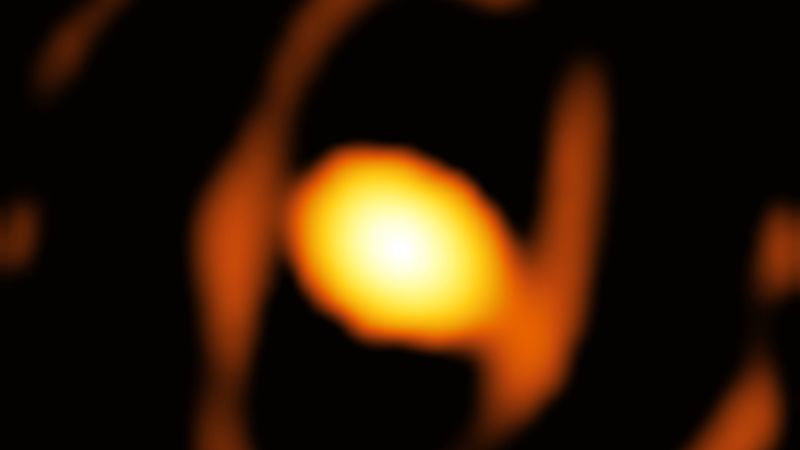
Propulsion Technologies
Propulsion technologies refer to the methods and systems used to propel spacecraft and other vehicles through space. These technologies include chemical rockets, electric propulsion, nuclear propulsion, and solar sails. Chemical rockets are the most commonly used propulsion technology and work by burning fuel to create thrust. Electric propulsion systems use electric fields or magnetic fields to accelerate charged particles, which creates thrust. Nuclear propulsion systems use nuclear reactions to generate heat, which is then used to create thrust. Solar sails use the pressure of sunlight to propel a spacecraft forward. Propulsion technologies are critical to space exploration and travel, as they determine the speed and efficiency of spacecraft and other vehicles.
Your Previous Searches
Random Picks
- Filter Material: Filter material refers to any substance or material used in the construction of filters for the purpose of removing impurities or contaminants from a fluid or gas. In the context of space and astronautical engineering, filter materials are ... Read More >>
- Magnetic Field Generator: A magnetic field generator is a device that produces a magnetic field for various purposes in space and astronautical engineering. It can be used for propulsion, attitude control, and protection against radiation. The generator can be power ... Read More >>
- Angle: In space and astronautical engineering, an angle is the figure formed by two rays, called the sides of the angle, sharing a common endpoint, called the vertex of the angle. Angles are used to describe the orientation and position of spacecr ... Read More >>
Top News

First close-up image of a star beyond our galaxy may reveal impending supernova...
Astronomers have taken the first close-up image of a star beyond our galaxy, and it’s a “monster star” surrounded by a cocoon as it slowly dies....
News Source: CNN on 2024-11-21

Bestselling author explains the science of happiness: "You can do the work"...
Bestselling author and Harvard professor Arthur Brooks opens up about how enjoyment, satisfaction and meaning in life can increase a person's wellbeing....
News Source: CBS News on 2024-11-18

November's full moon, known as the Beaver Moon, is the last supermoon of 2024. H...
November's full moon, known as the Beaver Moon, is the last supermoon of 2024. Here's when it peaks and why it's called the Beaver Moon....
News Source: CBS News on 2024-11-15

You can't put a price on the sense of awe particle physics inspires...
Astronomy and particle physics are no longer seen as vital by the US establishment, so funding has fallen. But our work creates a sense of wonder, and wonder matters, says Chanda Prescod-Weinstein...
News Source: New Scientist on 2024-11-13

If you want to stretch your gift game into days this holiday, check out these ad...
The advent calendar phenomenon is growing every year, with so many exciting, fun, beautiful, and delicious options available...
News Source: ABC News on 2024-11-04